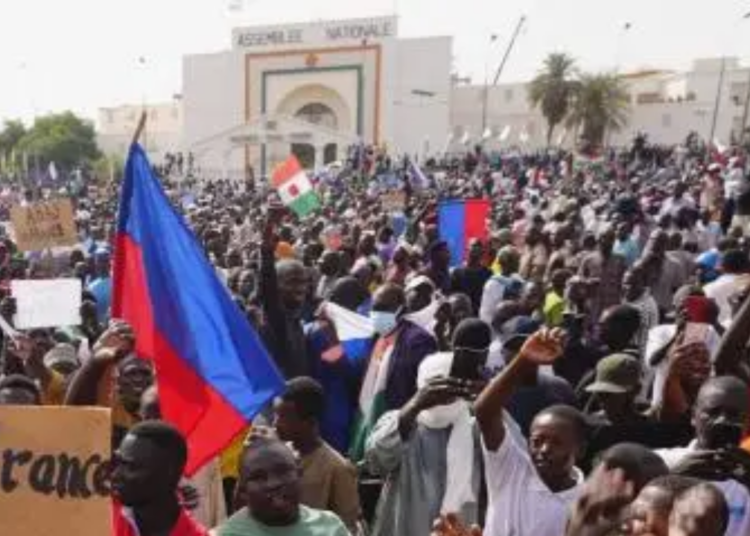From 2020 to date, six African countries of Chad, Mali, Burkina Faso Guinea, Sudan and Niger have witnessed military takeover of power through coups, fueling genuine concern that the continent is relapsing back to the days of coups as witnessed in the decades after the independence.
Interestingly, both the African Union-AU and Economic Community of West African States-ECOWAS have come out hard to condemn these coups and insist on the restoration of democratic order. The AU for one, has suspended Mali, Guinea, Sudan and Burkina Faso. While Mali, Guinea and Sudan were suspended in 2021, Burkina Faso was suspended in 2022.
In Niger where the military recently took over power after ousting President Mohamed Bazoum, the ECOWAS issued a 7-day ultimatum to the junta to release and reinstate the president or risk economic sanctions.
The sanctions are indeed, all-encompassing as they include suspension of all commercial and financial transactions between ECOWAS member states and Niger, freezing of all service transactions including energy transactions, freezing of Niger Republic’s assets in Aqua Central Bank, freeze of assets of the state enterprises and parastatals in commercial banks and suspension from all financial assistance and transactions with all financial institutions. These are plausible measures but the question is: what happens if in spite of all these measures, the junta remained recalcitrant and obstinate as coupists always do?
ECOWAS’s body language suggests that it may consider adopting a military solution should the Niger putschists not reinstate Bazoum.
But that could escalate the situation and may lead to violence of an unimaginable proportion in Niger.
There is a high tendency that violence in Niger will spill over to Nigeria, Chad, Burkina Faso and Mali, all of which are currently facing security challenges.
For ECOWAS, the situation in Niger is a catch 22 scenario. The regional body must ensure diplomacy, not military might, prevails.





